More Crop
Per Drop
How Telangana's Small-scale Farmers are Thriving with Micro-Irrigation
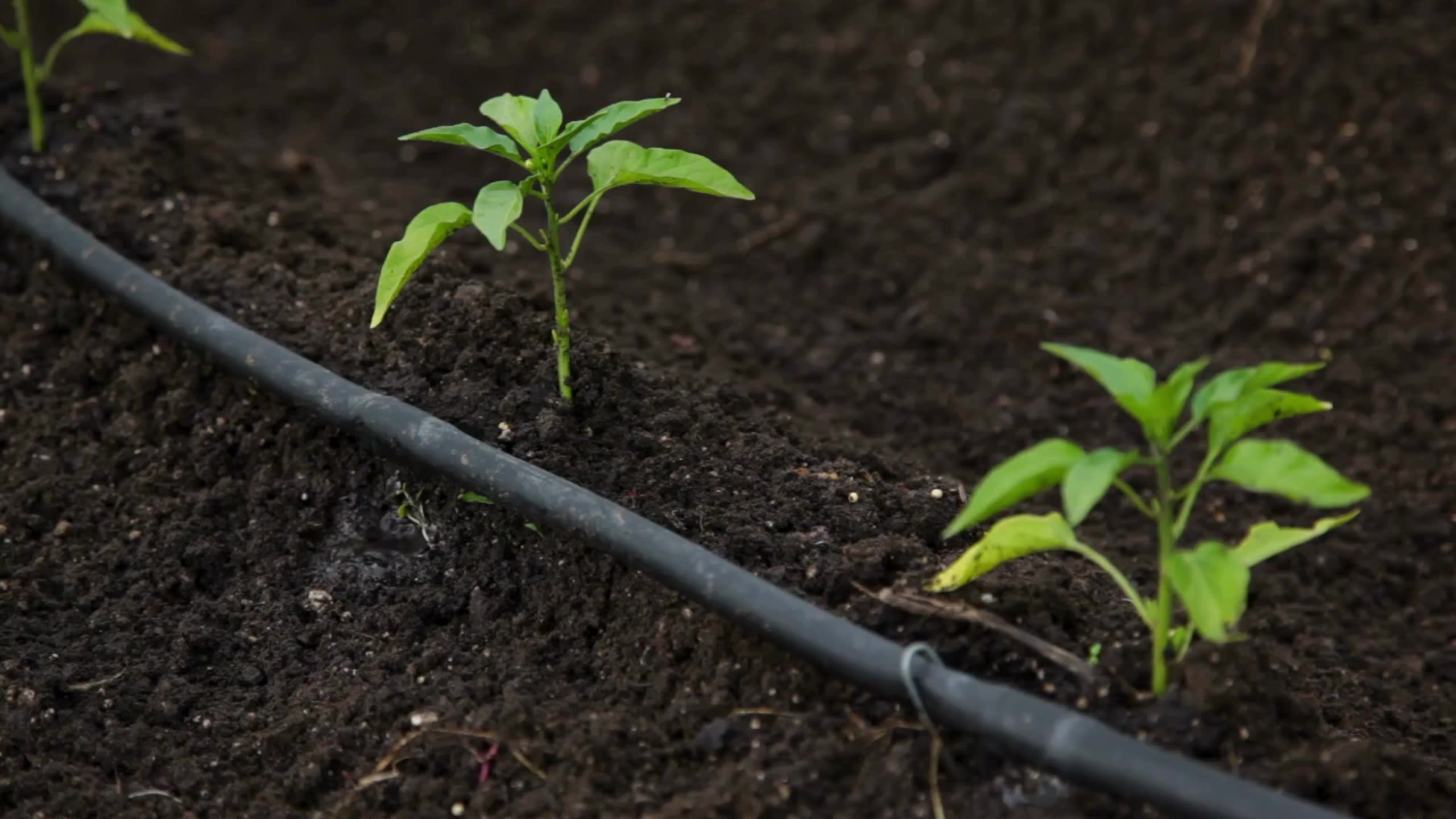
In the quiet predawn hours, Polamoney Buchaya, 63, and his wife, Polamoney Bugamma, 54, from Chandkhanguda village, prepare for their daily routine. Everyday at 3 am, they board a tempo to sell their freshly harvested green vegetables at the bustling L.B. Nagar vegetable market.
For the past three years, this has been their primary occupation. They have taken 4 acres of land on lease, where they cultivate an assortment of green leafy vegetables like fenugreek (methi), coriander and gongura leaves.
Their transition to farming, however, came abruptly in 2020 when Buchaya - a goat herder by profession - suffered a heart attack during the second wave of the pandemic. Stricken with medical expenses totaling 1.5 lakhs, the couple sold their goats and sought financial aid from local lenders.
With Buchaya's health condition restricting them from strenuous labour, the couple had to seek out a less demanding venture. Opting to cultivate green leafy vegetables proved to be a pragmatic choice.
"It is less stressful than growing grains," Bugamma notes, "since it requires very little land preparation, and there is no need for bunding”.
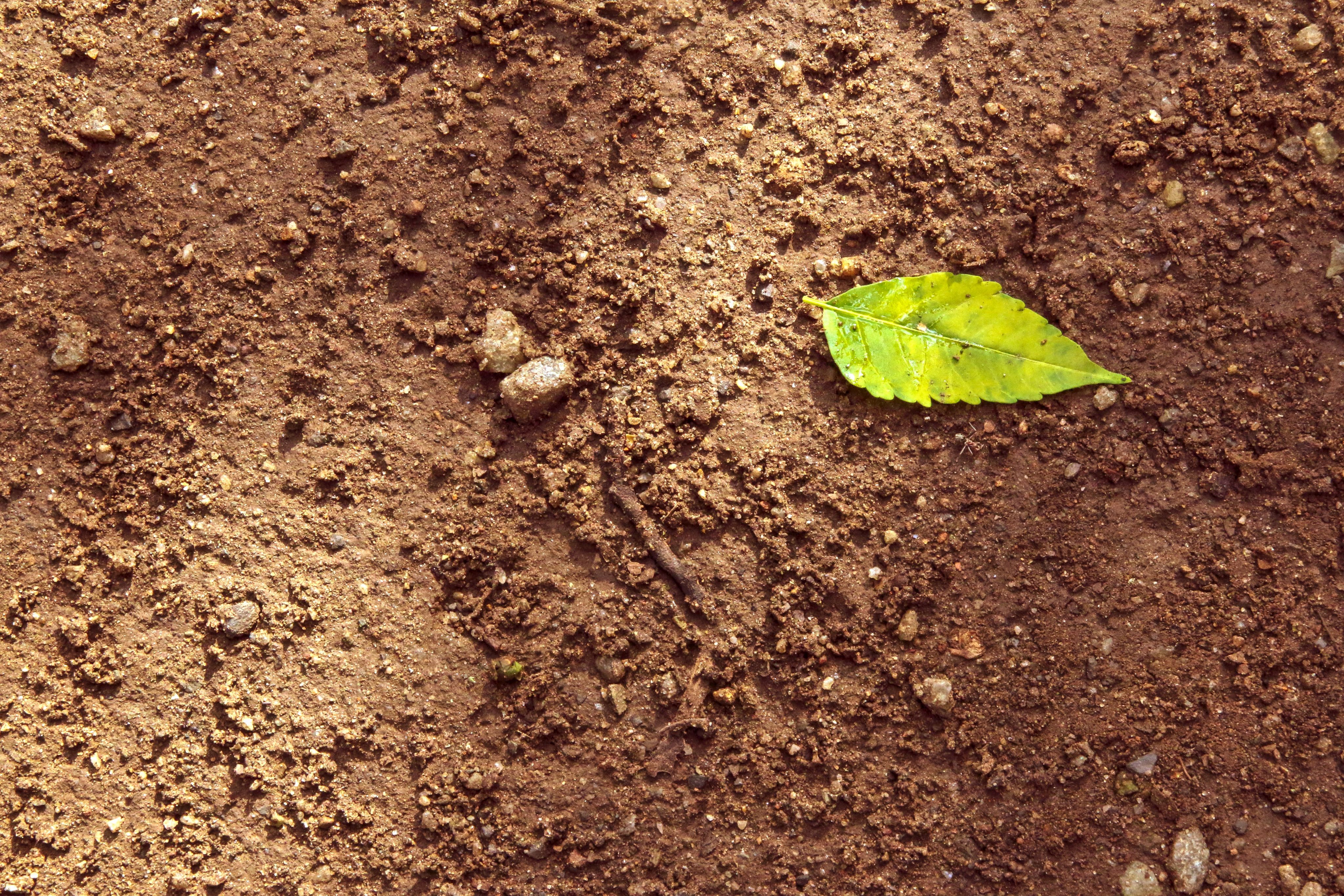
Last year, by contributing 2,000 rupees of their own, Bugamma and her husband received a rainpipe set from WOTR through the ‘Promoting Entrepreneurship, Employment opportunities and increased Incomes in Telangana’ project, supported by HSBC.
Rain pipe irrigation, a micro-irrigation technology, involves using a flexible hose with evenly spaced drip holes to ensure uniform water distribution in the field. It's proven to be cost efficient, making it an ideal choice for small-scale cultivation of green leafy vegetables.
"Since the selected villages receive minimal rainfall and have soil with low permeability, we aimed to provide cost-effective irrigation options to farmers like Bugamma," explains Jyothirmayee Kandula, WOTR's regional manager in Telangana. "With local contributions, we supplied micro-irrigation units such as rainpipes, sprinklers, and drip systems to help farmers utilise groundwater effectively."
Bugamma says that adopting rainpipes has allowed farmers to cultivate their entire land, and replace flood irrigation methods. They've also begun earning a regular income from vegetable sales. "Previously, we could not bring the entire land under irrigation. We would only earn Rs 3,000-4,000 every 30-40 days. Now, we make around Rs 10,000 in the same period. Over 6 months, we've earned 50-60,000 rupees," Bugamma adds.
Padmareddy, another farmer from Japal village, reiterates the same story. He owns 3 acres of agricultural land where he grows leafy vegetables, depending on water availability from his bore well. Previously, like Bugamma, he also used flood irrigation, incurring high labour costs to maintain canals within his fields. With support from the project, he received a micro-irrigation unit, specifically a rainpipe set.
The new irrigation system freed him from watering his crops by hand, and also helped save water. Both Padmareddy and Bugamma say that they grow more coriander, mint and fenugreek than ever before.
"Previously, I left land uncultivated after the Rabi crop until the onset of Kharif rains. However, this year, thanks to the micro-irrigation units, especially the rainpipe set, I now cultivate two crops.Within a span of two months, I made an additional profit of Rs. 30,000,” Padmareddy says.
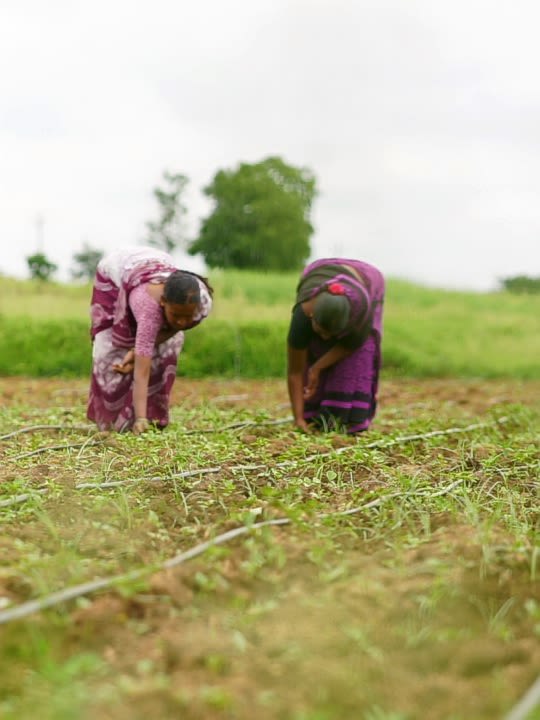
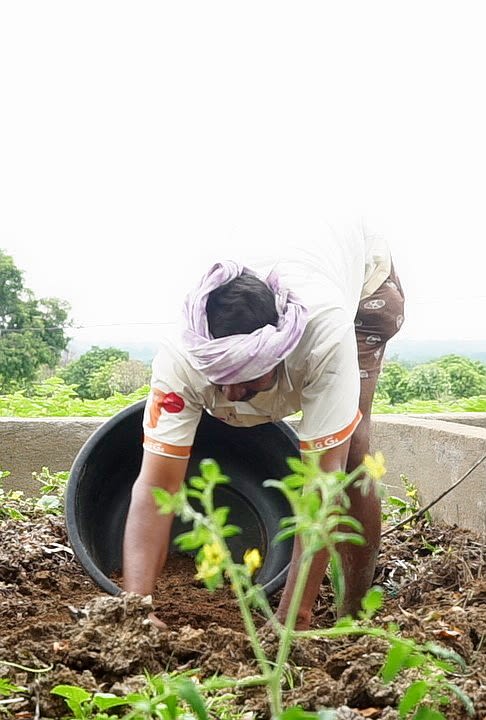
Like Buchaya and Padmareddy, the rainpipe sets provided by WOTR and HSBC have revolutionised farming for many other small-scale growers. With reduced labour and increased yields, farmers have diversified crops and boosted income, showcasing the tangible benefits of innovative agricultural practices in rural communities.
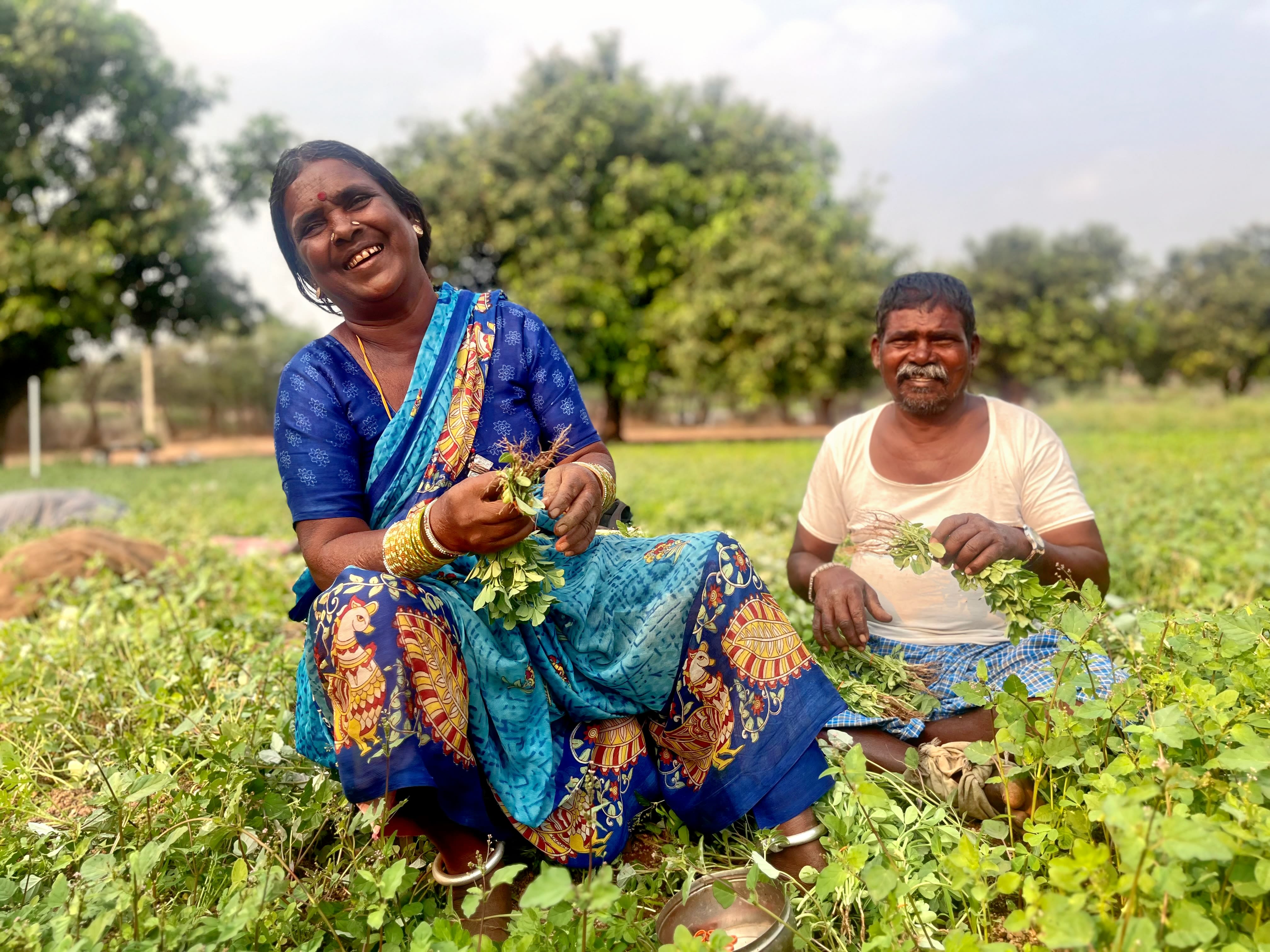
Rising Above: Stories of Empowerment and Enterprise in Rural Telangana
This compelling collection of stories celebrates the remarkable success of the "Promoting Entrepreneurship, Employment Opportunities, and Increased Incomes with Water Security Activities in Rural Telangana" initiative, a transformative partnership between HSBC and WOTR.
Focused on 10 villages in two blocks of the Rangareddy district, this project tackled the challenges faced by small and micro-enterprises in this traditionally agricultural region: low productivity, high costs, and limited market access often trapped these businesses in a cycle of low wages and unmet needs.
The initiative empowered rural communities, especially women, by prioritizing water security, sustainable agriculture, and a nurturing entrepreneurial environment. This multi-pronged approach equipped individuals to manage their micro-enterprises effectively and sustainably, paving the way for greater financial independence and well-being.
The stories within "Rising Above" capture the inspiring journeys of those who have transformed their lives through this initiative. Their stories serve as a testament to the power of sustainable development and entrepreneurship in rural Telangana, offering a glimpse into a future where communities thrive through self-reliance and innovation.
